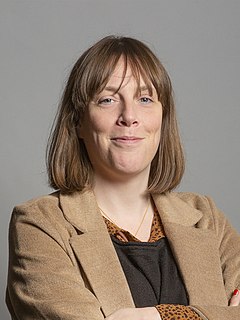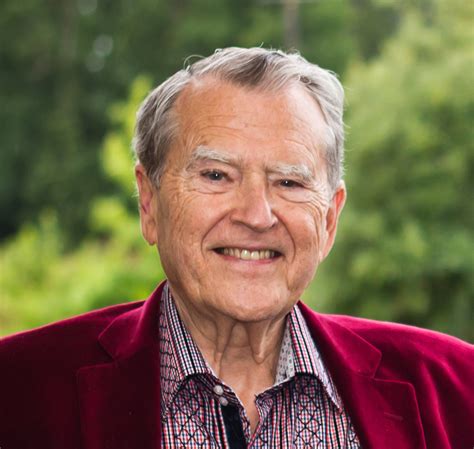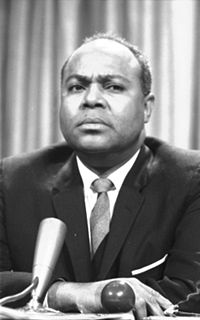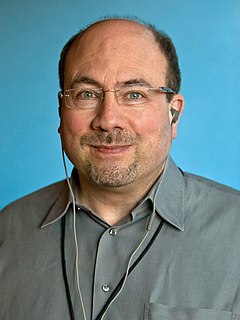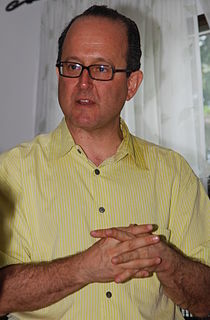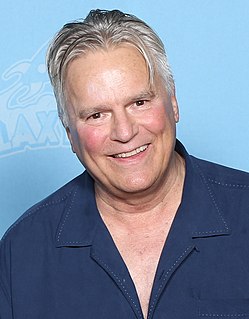A Quote by Jess Phillips
I'm a believer in forgiveness. I have worked with people who have been in gangs and now dedicate their lives to helping inner city kids. I've run offender services with teachings of responsibility, empathy and understanding of the victims at their heart. I've seen people change.
Related Quotes
A lot of joblessness in the black community doesn't seem to be reachable through fiscal and monetary policies. People have not been drawn into the labor market even during periods of economic recovery. Employers would rather not hire a lot of workers from the inner city. They feel people from the inner city are not job-ready, that the kids have been poorly educated, that they can't read, they can't write, they can't speak.
Forgiveness means accepting what is or what has been and becoming willing to see it differently. You cannot un-hear what you have heard or un-see what you have seen. What you can do is stop believing that what occurred has somehow left you broken, damaged and wounded. While forgiveness ain’t easy, it’s the most important inner work you can do within your mind and heart.
Detached forgiveness—there is a reduction in negative feelings toward the offender, but no reconciliation takes place. Limited forgiveness—there is a reduction in negative feelings toward the offender, and the relationship is partially restored, though there is a decrease in the emotional intensity of the relationship. Full forgiveness—there is a total cessation of negative feelings toward the offender, and the relationship is fully restored.
My understanding from talking to a lot of people in the business has been that it used to be that a newspaper was considered a community service. Now they're being run as profit centers, and they're trying to get pretty high profit margins. As a result, investigative reporting has been seen as a problem.
We've made a huge effort globally and in the US, in getting kids jobs. This is one piece. The South Bronx and inner-city schools need it more than most. It's our hometown; JPMorgan Chase banks a lot of people here. If you see the school, it works. Kids all getting jobs, they're smiling, they're proud of themselves. That's what we need to do in inner-city schools.
In all the interviews I have done, I cannot remember one offender who did not admit privately to more victims than those for whom he had been caught. On the contrarty, most offenders had been charged with and/or convicted of from one to three victims. In the interviews I have done, they have admitted to roughly 10 to 1,250 victims. What was truly frightening was that all the offenders had been reported before by children, and the reports had been ignored.
When people want to inspire you to turn against some group of people, they'll often use empathy. When Obama wanted to bomb Syria, he drew our attention to the victims of chemical warfare. And in both of the Iraq wars, politicians said, "Look at the horrific things that are happening." I'm not a pacifist. I think the suffering of innocent people can be a catalyst for moral action. But empathy puts too much weight on the scale in favor of war. Empathy can really lead to violence.
